Doug Wregg is as passionate as ever about sourcing and selling interesting and dynamic wines to restaurants and bars around the country. In spite of the current difficult trading conditions.
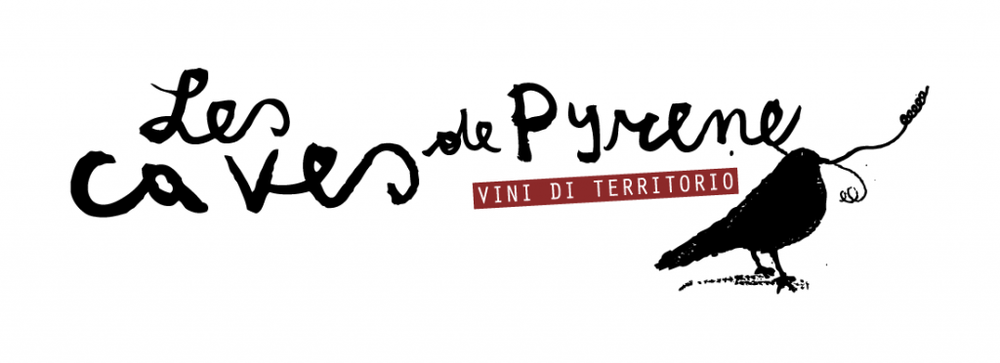
“Brexit has been a disaster. It has set back our plans for the year and made it very difficult to plan for the future.” It’s not normally the way a conversation with the energetic, passionate Doug Wregg, usually starts.
You can sense his frustration at having to point out the negative side of his job before he can get back to what he feels so much more comfortable doing, which is excitedly talking about the latest winemaker or grower he has discovered.
This is what fires him – his growing list of artisan producers, each with a unique story to tell, that he can help to bring to an equally diverse range of restaurants, bars, pubs and hotels, who in turn are increasingly willing to listen to those stories.
But back to Brexit. Les Caves de Pyrene was one of the national wine distributors forced to put up its prices earlier than most, as they don’t have the capacity to forward-purchase currency, explains Wregg. As a consequence, Les Caves introduced a currency surcharge of 3% on trade prices from mid-September.
This year, however, Les Caves has not just been preoccupied with its balance sheet. The awful harvest, particularly in parts of France, with a succession of frosts, hail and rain, has affected many of its producers, with yields down massively on the norm.
With a large part of the Caves de Pyrene grower portfolio coming from France it is well positioned to witness the impact of the extreme weather and to appreciate the need to accept price rises – even mid vintage.
“There simply won’t be a 2016 vintage in some areas,” says Wregg. “Some growers won’t get any income at all.”
As a result, Les Caves de Pyrene has been prepared to step in, on occasion, and help growers it has enjoyed a longstanding relationship with. “It is only right to try to help them out in times of hardship,” says Wregg.
Time to be sensible
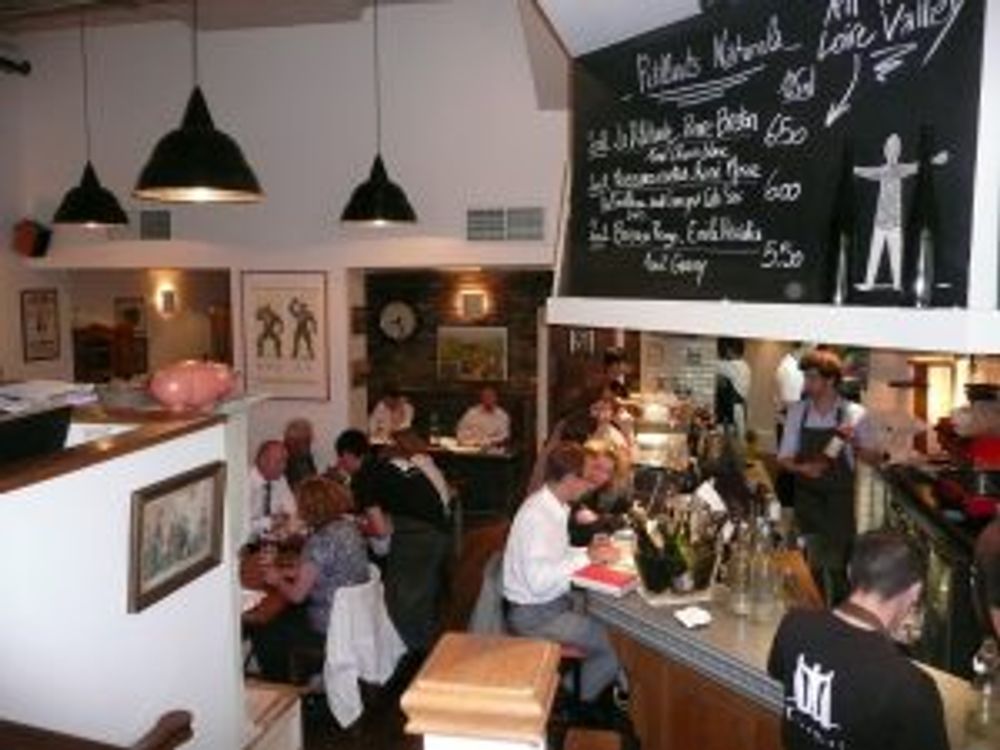
As for its own price rises to the trade, it hopes operators will be sensible and not look to multiply increases simply in order to keep their full gross profit margins. “If a bottle of wine increases by 30p, then the restaurant should correspondingly increase their price by 30p only, rather than apply their customary 3.5 to 4 times gross profit mark-up,” he stresses.
He is also aware that if its prices go up too much, then longstanding on-trade customers might feel inclined to look for a better deal. “Wine suppliers are more likely to get penalised than, say, a cheese or a bread supplier. This may be because wine is often treated as a commodity rather than something unique and artisan. Customers feel they can shop around for cheaper prices although they are not actually comparing like-for-like.”
Wregg further believes that operators should change their wine lists to reflect the dynamics of the wine supply chain. “Why only refresh a list a couple of times a year?” he asks. After all, restaurants constantly update their menus to reflect what is seasonal and fresh (and interesting).
Surely printing an extra page or using blackboards to promote new wines and special offers is not too great a demand? Which is why he is also an advocate of paper-free wine lists. With changing prices and vintages this kind of flexibility is more convenient for all concerned.
Taking natural wines nationwide
One of Wregg’s ambitions is to take the natural wine message to all parts of the UK. “Without being at all preachy about it”, he quickly adds. “From Cornwall to Scotland, and Ireland to Wales we are organising more tastings and events around the country than ever. But equally, we need willing partners on the ground to help us follow through.”
He concedes it’s simply not economic for a company the size of Les Caves to be supplying restaurants around the country with just one or two of its more natural wines. It requires a greater commitment to seed a proper wine culture. “We would love more of these artisanal wines to be universally available,” he says.
Which is why he would prefer to see a few more regional wholesalers taking the plunge and listing a wider selection of natural wines.
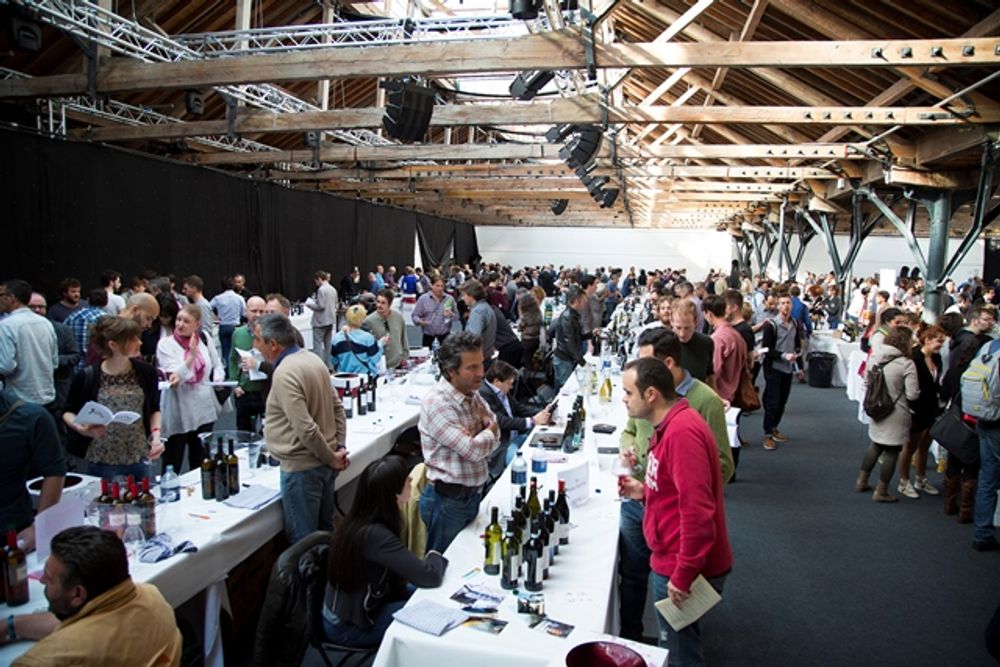
Les Caves and Doug Wregg have done more than anyone to champion natural wines with the Real Wine Fair
The impact of the Real Wine Fair, the annual artisan event founded and organised by Les Caves, shows the level of interest and energetic demand for natural wine around the country. Its associated Real Wine Month promotion this year signed up over 300 restaurants and bars (including 60 in Ireland) offering additional mini-tastings, special winemaker dinners and masterclasses on natural wine.
“I was very happy with that. We did 35 associated events over a six-week period. Now we need to build on that momentum,” says Wregg.
It is also particularly important, he adds, to have such key accounts as Le Manoir aux Quat’ Saisons specialisng in, and showcasing, organic and biodynamic wines, as it acts as an example to other leading (and Michelin star) restaurants.
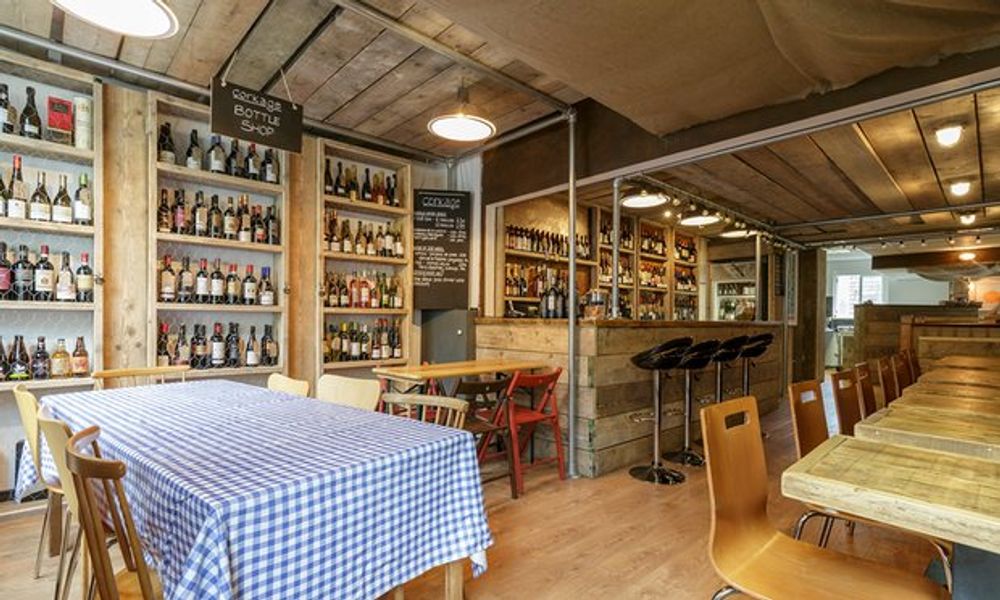
Corkage in Bath is one of a number of new wine bars around the country championing natural wine
And he is also encouraged by the number of new natural wine-driven restaurants and bars that are opening up outside of London such as Corkage in Bath, Bell’s Diner in Bristol and 10 Green Bottles and Plateau in Brighton. “These places work really well. But is there not room for others?”
He would certainly like to see many more equally ambitious ventures in the north and midlands.
London is a different story. “The number of new openings is still incredible,” he says. “But one has to wonder whether they are all equally sustainable.”
Reasons not to be cheerful
He fears meanwhile that the consolidation and rationalisation taking place across the larger restaurant and casual dining groups has ramifications for the quality and character of wine lists. “Many groups naturally prefer to do without sommeliers. It suits their business model to do deals with one or two big suppliers. All this tends to marginalise the smaller and more specialist merchants who have the most exciting wine portfolios.”
Wregg also questions what criteria beverage managers use when deciding which wines to stock. “Group buyers often have the core administration and accounting skills of working in a head office, and find themselves of necessity in the mindset of cutting costs (at all costs). Arguably, however, buying well is about buying creatively – and selling innovatively. That’s what engenders a dynamic wine culture.”
“It would be nice if these buyers could swap positions with their suppliers for a day to understand that sometimes what they are asking of us is impossible.” He adds: “To be a good supplier a wine merchant needs to understand the nature of the business they are supplying and to respond according to its needs. The relationship, however, should always be a two-way street.”
This is also why, he believes, we are seeing more sommeliers switching over to the supplier side and doing more consulting work. “It must be dispiriting having someone above you always making the decisions. You lose your creative mojo when decisions are taken out of your hands.”
Wregg, though, has great faith in the new generation of younger sommeliers whom he feels are more open-minded than their predecessors and, in many cases, are actively looking for artisan and unusual producers and wines to perk up their lists. “They may be young, but they are curious, have their own ideas and want to put their imprint on the wine list,” he says.
“Many of these sommeliers have travelled a lot and done vintages in different countries.The scene is more cosmopolitan now than it’s ever been.”
Raising its own game
As a major supplier itself, Les Caves is constantly trying to raise its game and offer an even wider choice of added value services and options, says Wregg. This includes hosting events, tastings, dinners, trips to meet growers and see vineyards, as well as offering training and targeted support. The list only gets bigger. “You can’t put a monetary value on this, but now it is more essential than ever. Pro-active service makes all the difference.”
Whilst the majority of wines from Les Caves are from small, quirky natural wine producers and garner the column inches, the company also carries a number of commercial wines “that enable us to compete at sensitive price points on lists”, says Wregg. “Once we’ve established our presence on a list then we find that we can gently introduce more artisan and challenging wines and gradually begin to instill a bit of a wine culture.” He goes on: “It is not just enough to get the listings, it is important that the wines are appreciated for what they are, and sold accordingly.”
Can I get you something to eat?
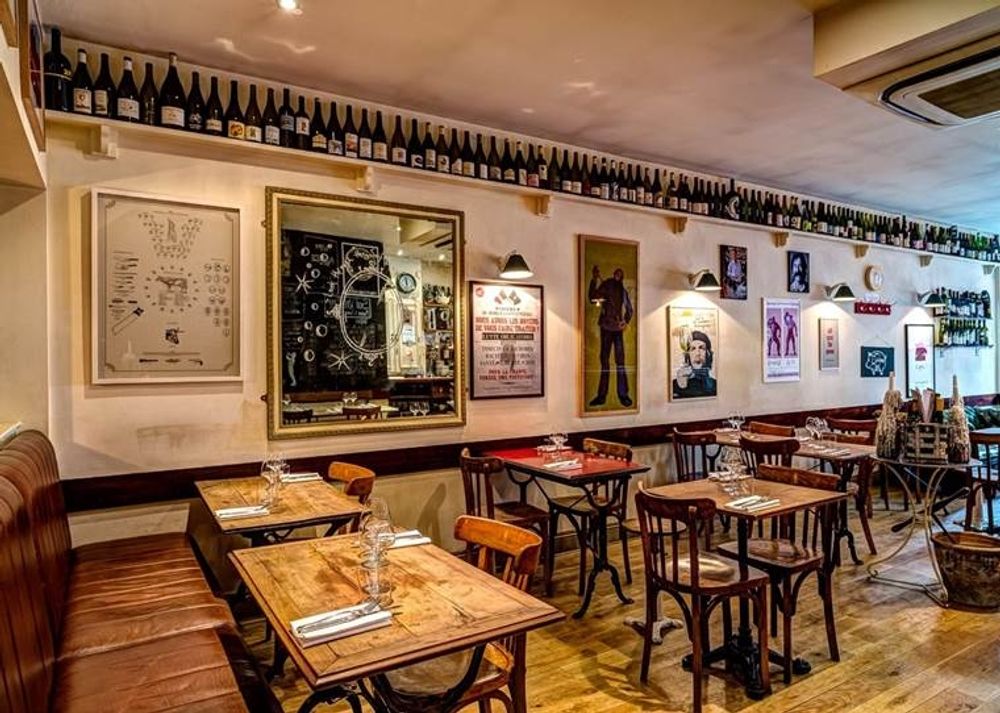
Soif has brought natural wines and traditional French food to Battersea, south London
The other major part of Les Caves de Pyrene’s business is its involvement in restaurants. It is easy to forget, with so many new openings, what an impact Terroirs had when it first opened its doors in 2008. An instant success, it gave Les Caves a tremendous platform to sell and promote its natural wines, whilst also spawning a new way of casual way of dining, with small, sharing plates.
Others have come and gone since, like its Loire-focused Green Man & French Horn, now closed, and Brawn, which is now owned by the former head chef of the group. But Les Caves is still very much involved in Terroirs, Soif, in Battersea, and Toasted in East Dulwich. It is also a shareholder in restaurants in Logrono, Spain, and Melbourne in Australia. “It’s wonderful to be present in such a vibrant food and wine scene as Melbourne,” says Wregg.
Wregg says that any prospective restaurant projects depend very much whether the right sites become available. “But with the Brexit situation we probably need to retrench a little,” he says.
































